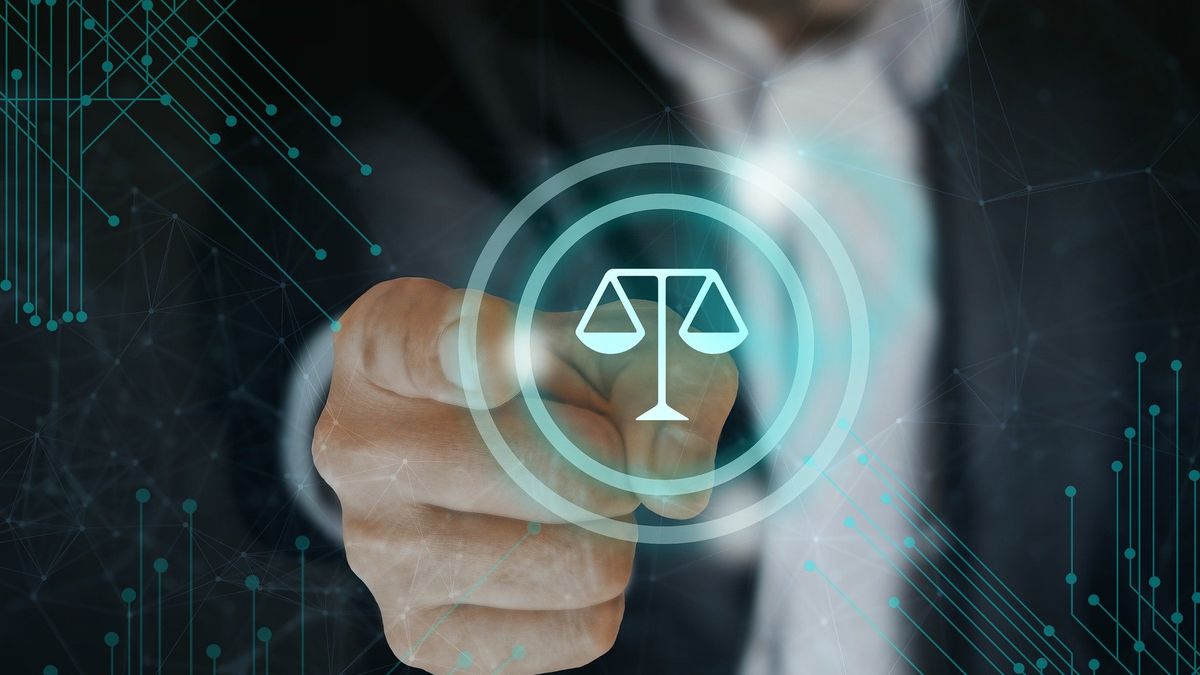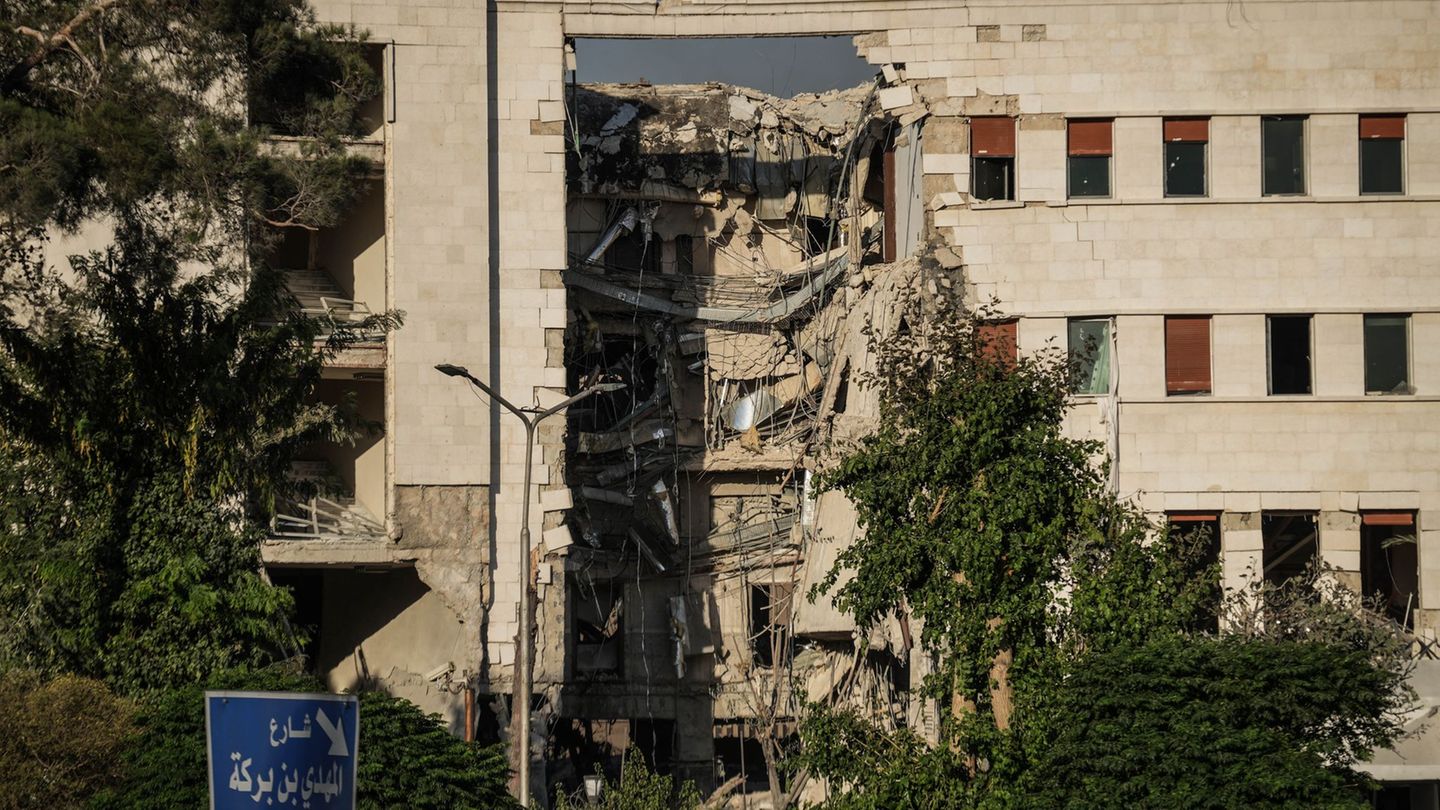However, we also have reasons to be concerned. Although arbitration in the case of labor disputes succeeds in turning “a necessity into a right,” there is still a long way to go.
Conciliation.jpg
Reuters
For example, when compensation is agreed upon for dismissal, as established in Article 14 bis of the national Constitution and it is transformed into a law, as in the case of Article 245 of the Employment Contract Law, and in that resolution the corresponding amount is not paid, there is a long way to go.
In the relationship between the parties, if less is paid than is owed, the worker may agree, but the matter does not end there, since it is only a payment on account (according to the LCT) and he can claim the difference.
Then, A lawyer or your union is consulted and a telegram is sent, and depending on the response, it may happen that the employer agrees to negotiate the case.
So, if they end up in a private agreement, even if there is advice, it is still weak if an administrative or judicial authority does not rule “res judicata”.
The payment is not final either, if it is made before a notary, because this professional exercises the “public faith”, gives veracity to what happened, but does not have “jurisdiction”, which is “to say the applicable law”, a power reserved to the Ministries of Justice or the judges, as ruled by the Supreme Court of Justice in it “Ocampo” case.
But along this long stretch more inconveniences arise: Not all Ministries of Justice fully accept this function, and only some “register” the agreement and the difference can be claimed again.
Given this circumstance, in recent decades, the following have been developed: “mediation, conciliation and arbitration systems”, in which the will of the parties is important, beyond the fact that they are sometimes forced to mediate or reconcile.
When the conflict is resolved, approval is also necessary for it to have the effect of “res judicata”, which depends on who has the authority, whether ministerial or judicial.
Thus, judges can end the conflict by issuing a sentence and, within the same, they can approve an agreement, all of which makes it “res judicata”.
To carry out this procedure, there are two types of judges, according to the designation that grants them the exercise of “jurisdiction”:
The public judgeswho are appointed by the public powers at the proposal of the Executive and the decision of the Legislature.
And the refereeswho are instead elected by both parties and thus acquire the exercise of the administration of justice (based on the Code of Justice). These are the “private judges”.
It is worth clarifying that in all these cases, if public order is compromised, for example, in labor or consumer issues, only the local Supreme Court or, ultimately, the Supreme Court of Justice of the Nation, can provide certainty.
digital-justice.jpg

In the labor field and according to what is established in the international treaties of the ILO that have been applied after the Constitutional Reform of 1994, arbitration awards are produced, which is how arbitration rulings are called that have broad and concurrent validity, as the Supreme Court has repeatedly established.
That’s what it gives legal security and guarantees social peacethe two main reasons for the existence of SECLOafter 27 years of resolving individual labor disputes through conciliation and arbitration.
Although the SECLO was declared as State Policy in 2017 and has been applied in a handful of jurisdictions -Mendoza is the most advanced and Santiago del Estero the most recent-, there is currently a trend towards arbitration as a system for resolving conflicts, despite the resistance to implement it as demonstrated by the recently sanctioned Ley Bases.
Worse still, The level of conflict does not decrease in Argentina and judicial anarchy is achieved, since, for example, the second instance labor courts do not comply with the rulings of their higher courts in the content of the sentences.
And more worryingly, those who do not comply blame the “mafia of workers’ lawyers” for excessive claims, even though they have regulatory endorsements or corporate lawyers, who find any excuse for their benefit, also with legal endorsement and now enshrined in legislation, although it has long been accepted that “justice delayed is not justice”. We must not forget the failure to recognize that the times of judicial processes are those that the Judicial Power itself administers without any effective control.
Some courts have even retroactively applied rules that do not allow this possibility, which, instead of ending the conflict, continues it. Perhaps these concerns confirm the so-called “Gypsy curse”: “Have lawsuits, even if you win” because neither will they collect what they are looking for, nor will they end the conflict.
That is why, as a private judge (or arbitrator) with 15 years of experience, I have been ending conflicts in a few days: not in months or years, whether in arbitrations of the SECLO or as a “private judge”.
Lawyer, University Professor, Private Judge and SECLO and COPREC Conciliator.
Source: Ambito
David William is a talented author who has made a name for himself in the world of writing. He is a professional author who writes on a wide range of topics, from general interest to opinion news. David is currently working as a writer at 24 hours worlds where he brings his unique perspective and in-depth research to his articles, making them both informative and engaging.




